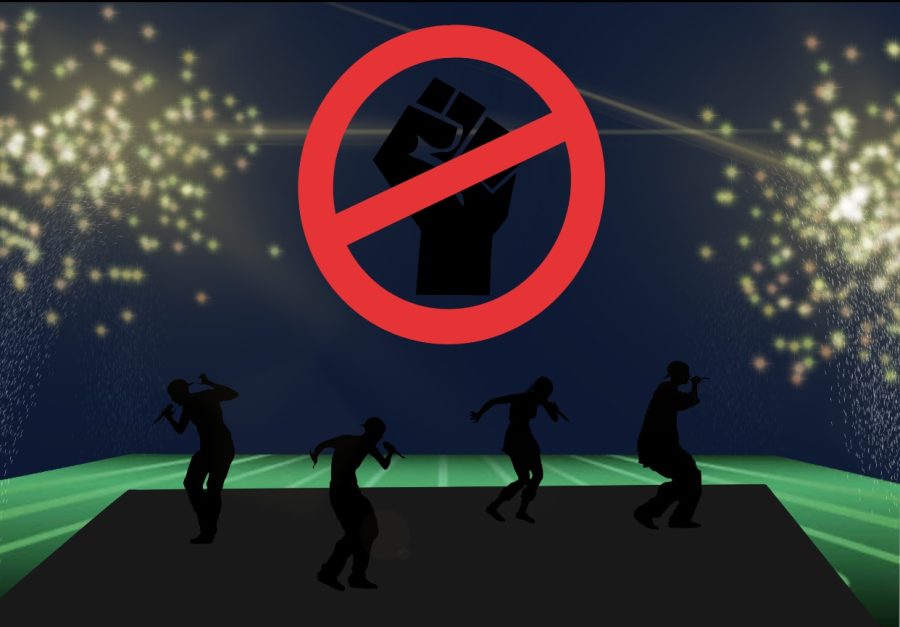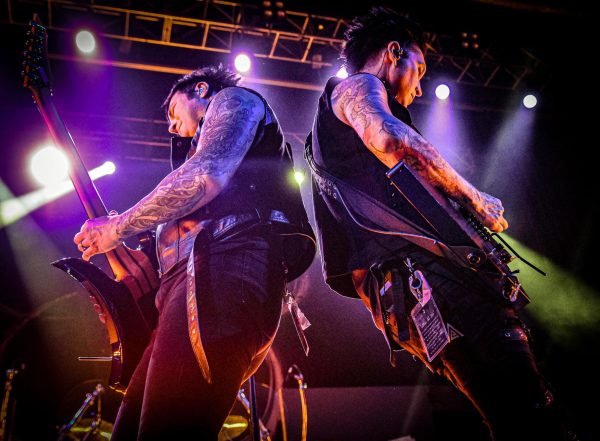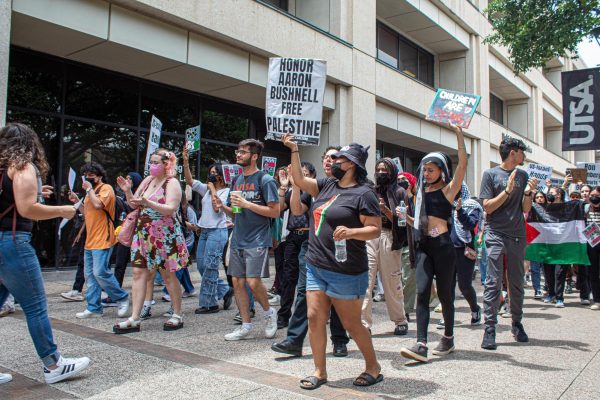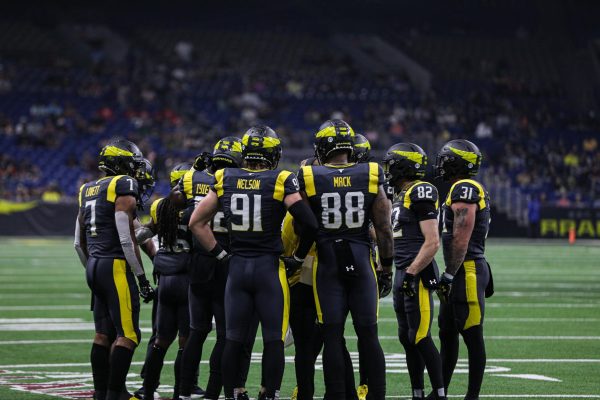The protest behind a celebration
February 22, 2022
Last Sunday evening, millions of people across the country tuned in to an event that brought together football and non-football fans alike: the Super Bowl halftime show. The show is a spectacle that brings in millions of viewers and lots of discourse every year, and this year was no different. There were the typical opinions of the show — ones regarding the quality and the song choices — but the internet also responded with a deeper analysis of the performance, and the meaning behind it.
The performers for this year’s show were Dr. Dre, Snoop Dogg, Mary J. Blige, Kendrick Lamar and Eminem, plus a guest appearance from 50 Cent. These individuals are considered icons in the genres of rap, hip-hop and R&B, which are all genres created and dominated by Black people. Given that fact, this performance is being seen as a celebration of Black joy, Black innovation and Black talent, and there is certainly truth to that sentiment. With performances of iconic songs like “California Love,” “In Da Club” and “Alright,” this show was a pure display of what Black people have contributed to the music industry and to pop culture. However, upon deeper reflection, a question presents itself: can we truly celebrate this display of Blackness under an organization like the NFL that has a record of being anti-Black?
The NFL may have welcomed these legendary Black artists to their stage for the halftime show, but it is no secret that the organization is not legitimately a champion for Black people, as seen back in 2016. Six years ago, San Francisco 49ers quarterback Colin Kaepernick began kneeling during the playing of the National Anthem at football games in protest of the racial inequality and police brutality that Black people across the country were facing. Kaepernick received a slew of violent backlash and was not signed to another team after opting out of his contract as a result. During this, the NFL did nothing. He was a Black man that the organization showed zero support for. Not to mention that when Eminem knelt at the end of his performance at the halftime show, supposedly in solidarity with Kaepernick, people began speculating whether the NFL disapproved and reprimanded the rapper for his action, which only speaks to their track record. So sure, the league seems to appreciate Black performers and athletes, but when it is time to actually stand by them, they fail.
This contradictory behavior has caused some people to question if we can appreciate this celebration of Blackness at the Super Bowl, knowing that the NFL does not truly support Black people and that they probably welcomed these performers just for show.
Things would be different if the organization had apologized for the way they treated Kaepernick and how they enabled attacks against him, but they did no such thing, and so any attempt to change the narrative falls on deaf ears. On the other hand, some people view this performance as a form of protest. To dominate the stage by rapping, singing and being unapologetically Black in the face of an anti-Black organization is a form of protest in and of itself. To give a performance that says, “You aren’t going to keep us from shining,” is absolutely a protest worth celebrating.
Just like the music industry would be nothing without the contributions of Black people, the NFL would be nothing without the talent of Black athletes. So, instead of only appreciating Black people when they are entertaining, the league should apologize for the harm they have done in the past and stand up for Black individuals in the future. Only then will the NFL be seen as a true ally to Black people, and only then will any message they display in support of Black people be seen as genuine.













